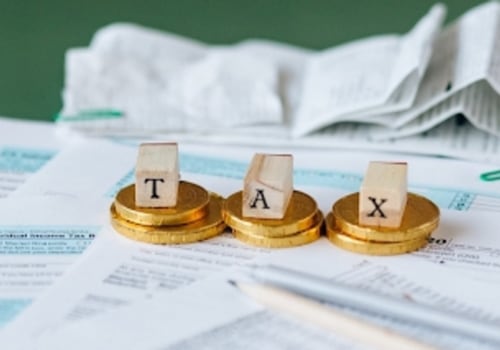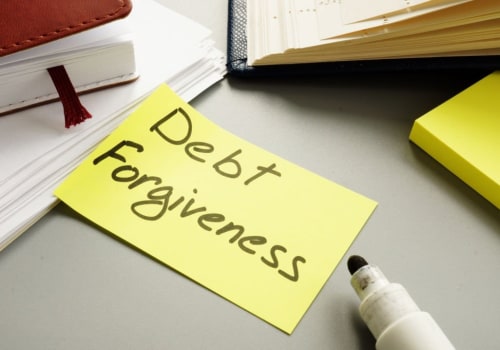The IRS rarely forgives tax debts. Form 656 is the request for a “commitment offer” to settle your tax liability for less than you owe. These offers are only given to people who are experiencing real financial difficulties. This is just one of many procedural changes instituted by the IRS Collection to help struggling taxpayers during this unusual period in our nation's history.
Another recent change, which will survive the pandemic, improves the “start from scratch” option offered by our Offer in Compromise (OIC) program. An OCI allows taxpayers to settle their tax debt for less than the total amount they owe. It may be a legitimate option for taxpayers who can't fully pay their tax obligations or if doing so creates financial difficulties. Under certain circumstances, the IRS will forgive the tax debt after 10 years.
However, that 10-year period may be longer than expected, given the lengthy suspensions, the IRS tax assessment date compared to your last return, and whether or not you have kept up with your tax returns since the debt period began. The closest thing to the forgiveness of the tax debt is the offer of commitment (OCI). Basically, this is a settlement agreement that you entered into with the IRS. An ICO allows you to pay much less than you actually owe to resolve your tax debt.
Overall, the IRS has only ten years to collect your assessed tax balance, but the agency exists to collect taxes and will use all available tools and methods to do so, including wage garnishments, levies and levies. When the ten years have passed, the IRS is required to cancel the debt as a bad debt, essentially forgiving it. In the case of a tax debt with the IRS, it's usually not reasonable to assume that you can simply let go of your CSED. In short, when the IRS can't sue you for payments, it stops counting the time limit for paying your debt.
If the taxpayer has only one federal tax liability (and doesn't owe money to another federal or state agency) and is struggling financially, the IRS can waive compensation and issue the refund according to OBR procedures. Throughout the collection process, the IRS will emphasize that it can suspend liens or withdraw a lien by contacting them and initiating a payment plan, or by negotiating a commitment offer (OIC) if you can't pay your debt within a reasonable time and have the means to prove it. It is highly recommended that you coordinate with tax professionals who have experience helping people negotiate tax debt relief with the IRS, as they can better advise you on when your CSED is likely to receive your history and if you should contact the IRS given your current circumstances and position, or possibly wait for it to happen. Many people who have trouble paying their tax bills would be better off asking the IRS for an installment payment plan.
Yes, in fact, the period of time that the IRS can collect a tax debt is generally limited to ten years, according to the IRS statute of limitations on collections. Karen attributes much of her tax acumen to the six tax seasons she spent as a return reviewer, analyzing thousands of returns. If you continue to be unable to pay your tax debt, your tax debt may remain in this state until the law is exhausted and your debt is forgiven. Having a tax debt isn't the end of the world, as the IRS offers a handful of useful programs you can actually qualify for.
While full tax debt forgiveness is a bit of a myth, there are relief options you can use to reduce or eliminate your liability for unpaid tax debt. It's important to consult your state's tax professionals and find out what your options are for debt relief as soon as possible. This is because the IRS is required by law to take enforcement action if you don't pay your taxes on time and don't explain why you can't pay them. When the cause is reasonable and you can't make payments without compromising your basic living needs, the IRS will work with you to reduce your payments or even put your debt in a currently uncollectible state.
. .



